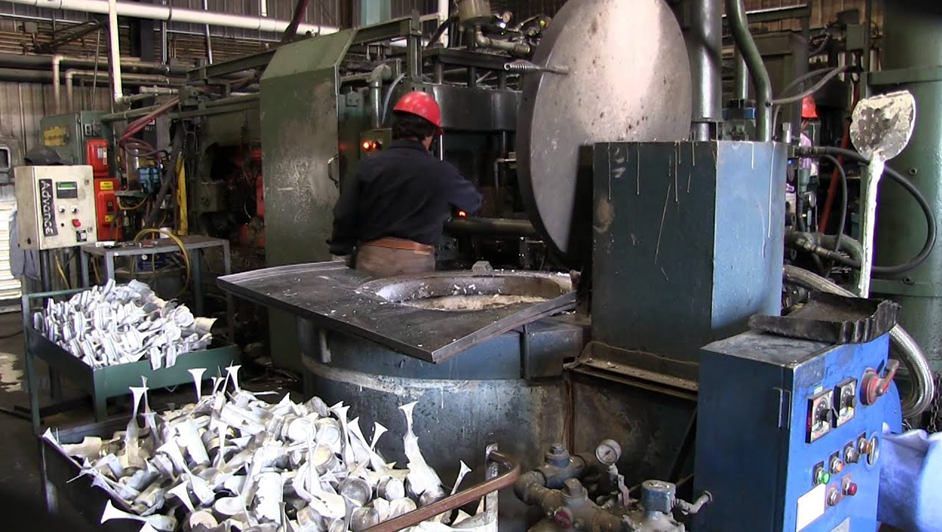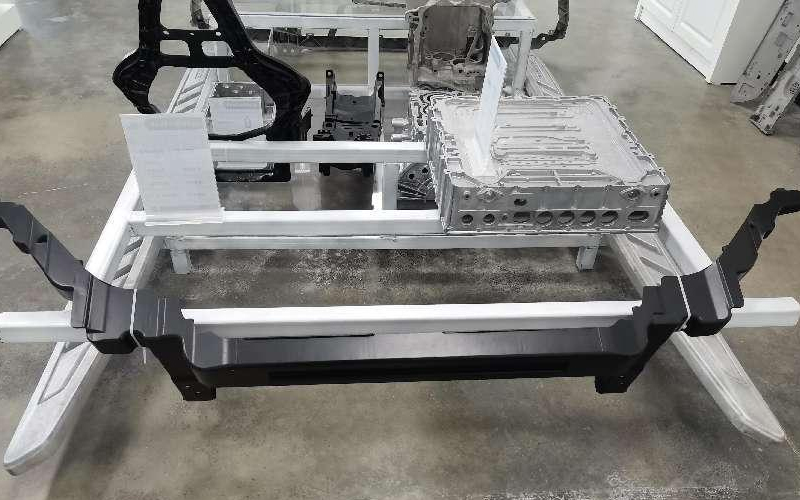Introduction:
Manufacturing processes have come a long way since the Industrial Revolution. Today, technological advancements have revolutionized the manufacturing sector, enabling businesses to produce high-quality products efficiently. One such innovation is machined casting, a process that combines the benefits of casting and machining, offering precision and efficiency in manufacturing. This article explores the concept of machined casting, its advantages, and its applications in various industries.
What is Machined Casting?
Machined casting, also known as precision casting or investment casting, is a manufacturing process that involves the production of complex-shaped components with high accuracy and excellent surface finish. This technique combines the advantages of both casting and machining, resulting in superior quality parts. Machined casting begins with the creation of a wax or foam model, which is then coated with a ceramic material. Once the ceramic material hardens, the wax or foam is melted or vaporized, leaving behind a hollow shell. Molten metal is poured into this shell, and after cooling, the shell is broken to reveal the cast component. The final step involves machining the cast component to achieve the desired dimensions and surface finish.
Advantages of Machined Casting:
1. Precision: Machined casting allows for the production of intricate and complex-shaped components with high accuracy. The process ensures tight tolerances, making it suitable for applications where precision is crucial.
2. Versatility: Machined casting can be used to produce components in various materials, including stainless steel, aluminum, bronze, and titanium. This versatility makes it a preferred choice for industries such as aerospace, automotive, and medical, where different materials are required.
3. Excellent surface finish: The combination of casting and machining in this process results in components with exceptional surface finish. This eliminates the need for additional polishing or finishing processes, saving time and cost.
4. Cost-effective: Machined casting offers cost savings compared to other manufacturing methods. The process reduces material waste, as it only requires the exact amount of metal needed for the component. Additionally, the elimination of secondary operations reduces labor and processing costs.
Applications of Machined Casting:
1. Aerospace industry: Machined casting finds extensive applications in the aerospace sector, where precision and reliability are of utmost importance. Components such as turbine blades, engine parts, and structural components are frequently produced using this technique.
2. Automotive industry: Machined casting plays a vital role in the production of automotive components. Engine blocks, cylinder heads, and transmission housings are commonly manufactured using this process. The ability to produce complex geometries and maintain tight tolerances makes machined casting ideal for automotive applications.
3. Medical industry: The medical sector requires components with high precision and biocompatibility. Machined casting is used to produce medical implants, prosthetics, and surgical instruments that meet these requirements.
4. Industrial machinery: Components used in heavy machinery and equipment often require precision and durability. Machined casting offers a cost-effective solution for producing these parts, ensuring they can withstand harsh operating conditions.
Conclusion:
Machined casting exemplifies the fusion of casting and machining to achieve precision and efficiency in manufacturing. The process\’s ability to produce complex-shaped components with high accuracy and excellent surface finish makes it a preferred choice in various industries, including aerospace, automotive, medical, and industrial machinery. Machined casting not only reduces production costs but also enhances the overall quality of the final product. As manufacturing technologies continue to advance, machined casting will likely play an increasingly vital role in shaping the future of the industry.
-

- Factory Custom China Bmx Cycles Road Sport Kids Bicycle 12 16 18 20 Inches Cycle Mtb For Kids 6-10 Year
-

- Magnesium alloy die casting auto parts transfer case
-

- Magnesium Aluminium alloy die casting parts Chain cover for automotive
-

- Magnesium alloy die-casting electric vehicle mid-mounted motor housing
-

- OEM die-casted parts& components
-

- Wholesale Magnesium Alloy Baby Cycle For 3 To 5 Years Old 12 Inch Kids Cycle OEM Cheap

 0086-750-5616188
0086-750-5616188 +86 13392089688
+86 13392089688 sales@zhongmei-tech.com
sales@zhongmei-tech.com








